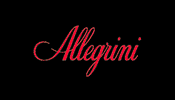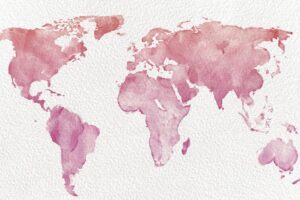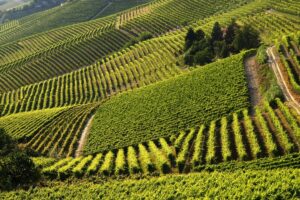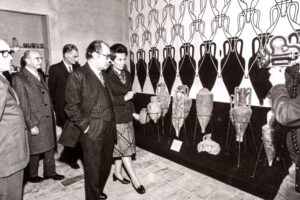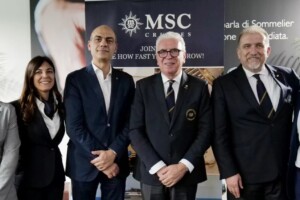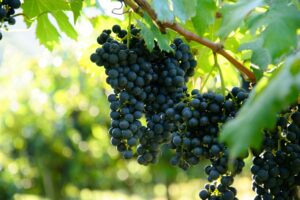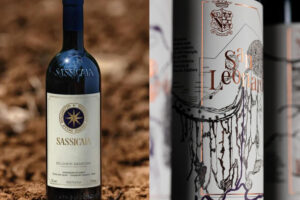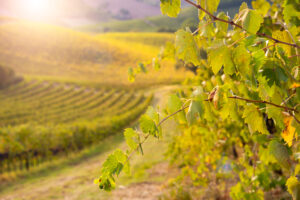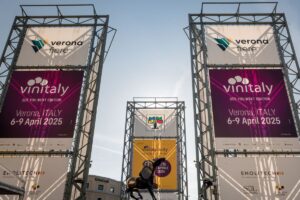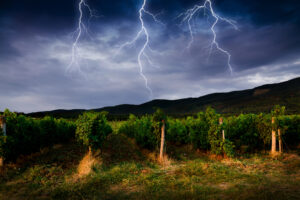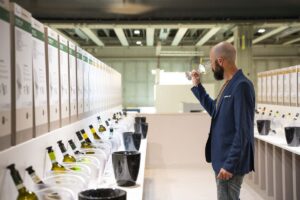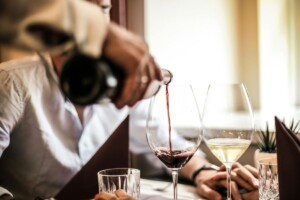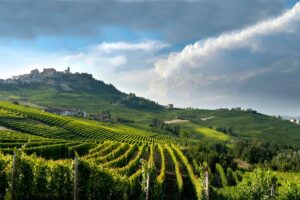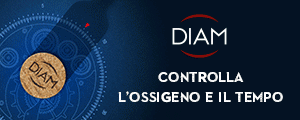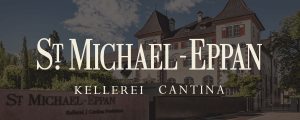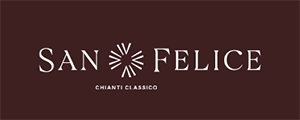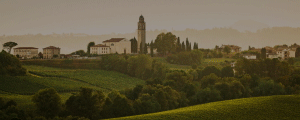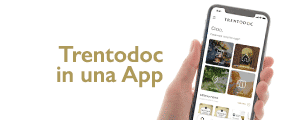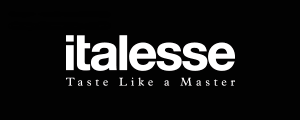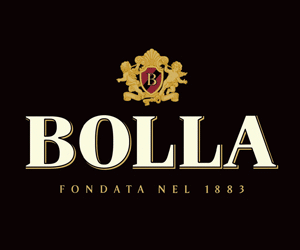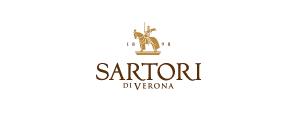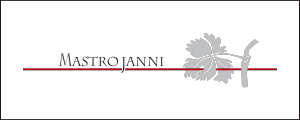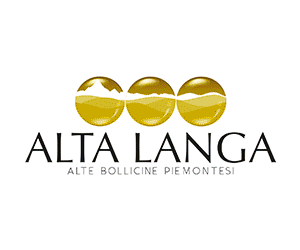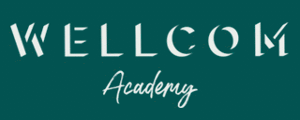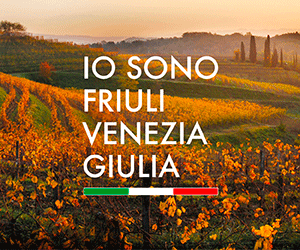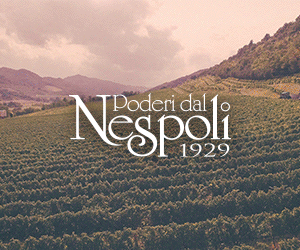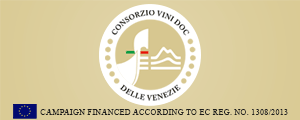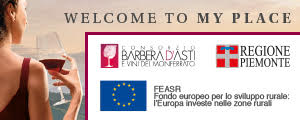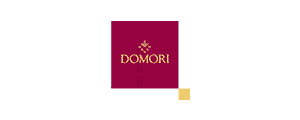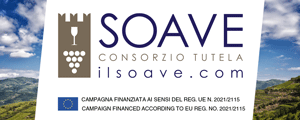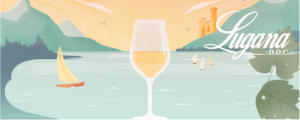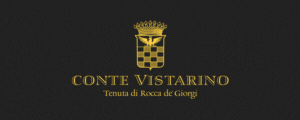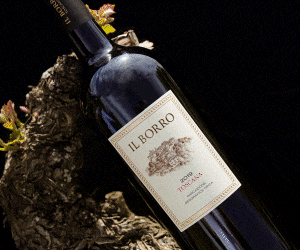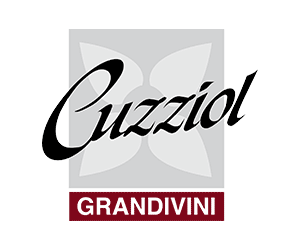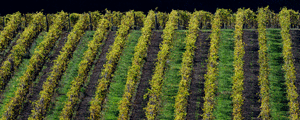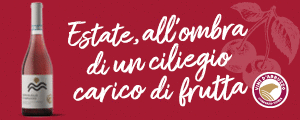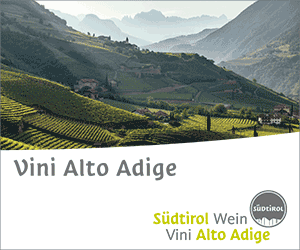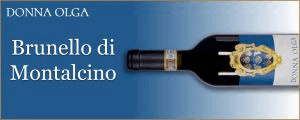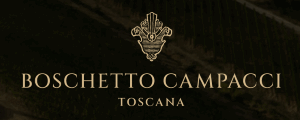One million bottles are uncorked daily around the world, which gives you an idea of Prosecco DOC’s success. The first quarter of 2017 opened with more than satisfactory increases of 23% in volume and 24% in value. The 1% difference reverses the trend so that value is growing more than volume. Sales and exports are rising, reaching 410 million bottles of wine in 2016, for an estimated consumption turnover of 2 billion euros, while over 7 bottles out of 10 end up overseas.
“Prosecco Doc”, Stefano Zanette, president of the Consortium, emphasized, “is becoming an emblem of Made in Italy. We are very pleased with the numbers that finally are rewarding the product in terms of value. However, the price should not go up too much. At the moment, the quality/price ratio is excellent, though we must differentiate Valdobbiadene Conegliano Prosecco Superiore DOCG, to be positioned on a higher level, even if some brands are an exception. There is now a traceability agreement to share the value among the different components in order to stabilize the margins of the various components. The price of grapes is at its highest, and the other components of the chain, which are indispensable for the system, need to be guaranteed. Regarding management of production potential, the planting blockade has expired, so we are aiming for prudent growth”.
The established increase of 6% is in line with sparkling consumption growth projections. Translated into hectares this means increasing from 23.250 to 24.645, “and then we will see what trends do”, Zanette explained. Another key point of the Consortium's actions for the 2017-2018 biennium is sustainability. “We have begun a decisive path”, the president of the Consortium said.
“It is not an easy road, but it is definitely obligatory. We are aiming for the certification of sustainability for the entire denomination”. Starting from the 2018 wine campaign, the Consortium has banned three plant protection products (glyphosate, folpet and mancozeb), which winemakers will no longer be able to use, penalty no DOC label. “We will involve the supply chain in this choice”, concluded Zanette, “during the year as we are preparing to move forward towards environmental but also social and economic sustainability”.
Copyright © 2000/2024
Contatti: info@winenews.it
Seguici anche su Twitter: @WineNewsIt
Seguici anche su Facebook: @winenewsit
Questo articolo è tratto dall'archivio di WineNews - Tutti i diritti riservati - Copyright © 2000/2024



